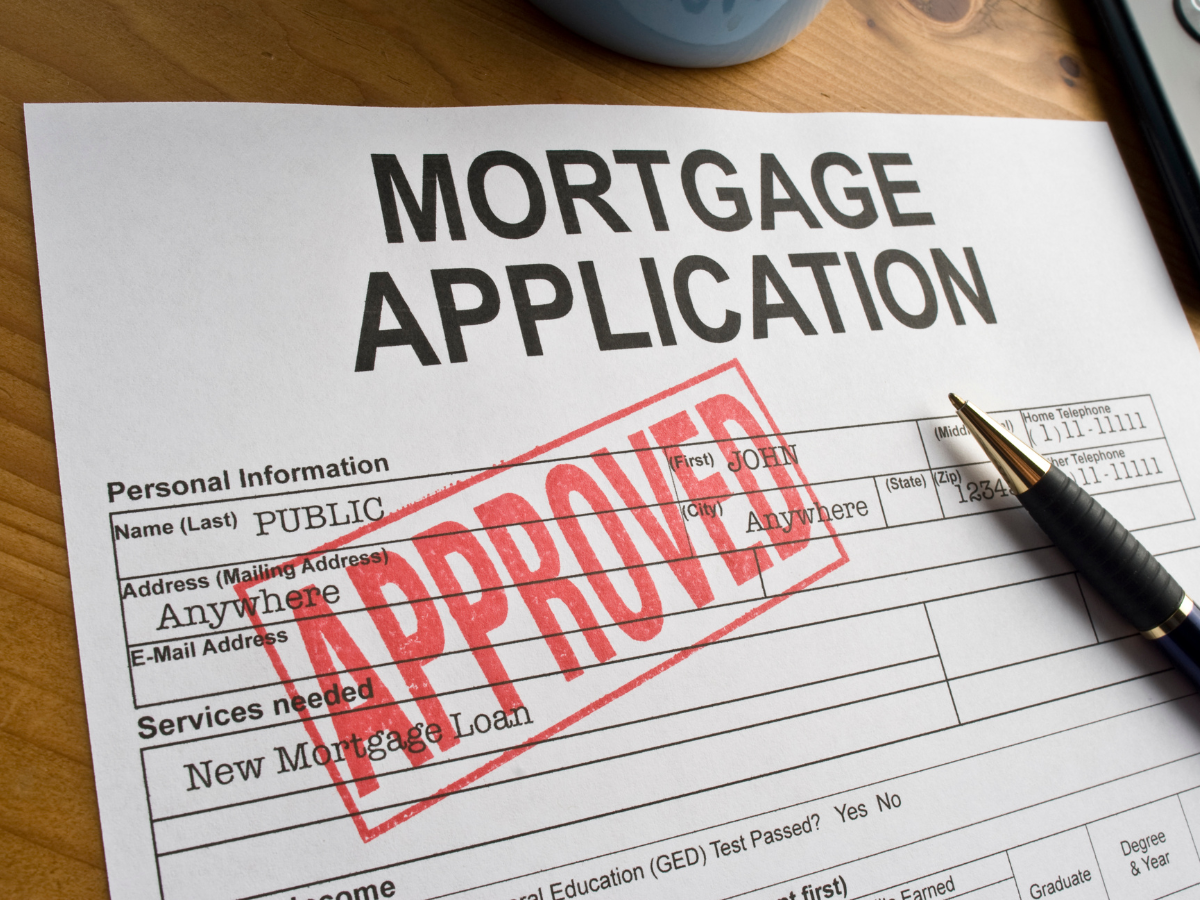Your credit score plays a crucial role in the home buying process. It impacts the mortgage rate you're offered, your eligibility for a loan, and even whether you’ll be approved for financing at all. If you're planning to buy a home in the near future, improving your credit score should be a priority. In this blog, we'll walk you through effective strategies to help you improve your credit score before applying for a mortgage. Whether you're just starting to think about buying a home or are preparing for your mortgage application, these tips will set you on the path to success.

1. Check Your Credit Report for Errors
The first step in improving your credit score is to review your credit report for errors. Mistakes on your credit report, such as inaccurate late payments or incorrectly reported debts, can drag down your score. It’s essential to dispute any errors as soon as you find them to ensure your credit report accurately reflects your financial history.
You can request a free credit report from each of the three major credit bureaus—Equifax, Experian, and TransUnion—once a year through AnnualCreditReport.com. Review the report carefully, and if you find discrepancies, follow the instructions to dispute the errors and have them corrected.
2. Pay Your Bills on Time
Payment history is one of the most significant factors that influence your credit score. Late or missed payments can significantly hurt your score, making it harder to qualify for a mortgage or getting approved at a favorable rate.
Make sure to pay all of your bills on time, including credit cards, utility bills, and any existing loans. If you’ve had past due accounts, get current and stay current on all future payments. Setting up automatic payments or reminders can help you avoid missing due dates.
3. Reduce Your Credit Card Balances
Another essential factor in your credit score is your credit utilization ratio, which is the percentage of your available credit that you're currently using. Ideally, your credit utilization should be below 30%, meaning you should use less than 30% of your total available credit.
If your credit card balances are high, try to pay them down as much as possible before applying for a mortgage. Reducing your credit card balances will not only improve your credit score but also show lenders that you’re managing your credit responsibly.
4. Avoid Opening New Credit Accounts
When you're preparing to buy a home, it’s essential to avoid opening new credit accounts. While it may be tempting to apply for store credit cards or make large purchases on credit, doing so can hurt your credit score. Each time you apply for new credit, it results in a hard inquiry, which can slightly lower your score.
Instead of opening new accounts, focus on paying down existing debt and managing the credit you already have. This will improve your credit score over time and present a more favorable picture to potential lenders.
5. Pay Off Outstanding Debts
In addition to reducing your credit card balances, it’s important to address any outstanding debts. If you have collections accounts or overdue loans, work on settling or paying off these debts. Once a debt is paid, it will be marked as "paid" or "settled" on your credit report, which can positively impact your score.
If you have trouble managing your debt, consider speaking with a credit counselor or using a debt repayment plan. The key is to demonstrate to lenders that you’re committed to paying off your obligations and improving your financial standing.
6. Consider a Secured Credit Card
If your credit history is limited or your score is low, a secured credit card can be a helpful tool in rebuilding your credit. With a secured card, you make a deposit that serves as your credit limit. Using this card responsibly and making timely payments can help you improve your credit score.
After several months of good usage, you may be eligible for an unsecured credit card, which can further improve your credit standing. Be sure to research secured cards that report to all three major credit bureaus to ensure your progress is reflected in your credit score.
7. Work with a Mortgage Professional
Once you’ve improved your credit score, it’s time to consult a mortgage professional to understand your options. A mortgage broker or lender can help you navigate the home buying process and advise you on the best loan programs for your credit profile.
Mortgage professionals can also help you understand your credit score’s impact on your loan terms, such as the interest rate and the loan amount you qualify for. They may even suggest ways to improve your credit score further before applying for a mortgage.
Conclusion
Improving your credit score before buying a home is one of the most effective ways to ensure a smoother, more affordable home-buying experience. By taking the time to review your credit report, pay down debt, and make timely payments, you can boost your score and increase your chances of securing a favorable mortgage rate.
At Hometowne Realty Professionals, we’re here to guide you through every step of the home-buying process, from securing financing to finding the perfect home. Contact us today to get started on your journey to homeownership!











